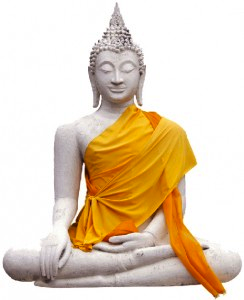 In the previous segment of the Foundations of Buddhist Thought, we learned about The Four Noble Truths and The Eightfold Path. The Eightfold Path is the fourth noble truth of the Buddha.
In the previous segment of the Foundations of Buddhist Thought, we learned about The Four Noble Truths and The Eightfold Path. The Eightfold Path is the fourth noble truth of the Buddha.
The elements of The Eightfold Path can be characterized in three groups, which serve as the cornerstones of Buddhist practice.
The first group is ethical practice, or as Zen Master Thich Nhat Hanh like to call it, applied ethics. This group includes
- Right Speech
- Right Action
- Right Livelihood
The second group is mental discipline and includes
- Right Diligence
- Right Mindfulness
- Right Concentration
The third group is wisdom and include
- Right View
- Right Thought
Right View
Presentation of the elements of the Eightfold Path usually begins with Right View. [Read this First, then come back here…]
Right Speech
The second element of the Eightfold Path is Right Speech. The practice of Right Speech begins with the cultivation of loving speech.
Loving speech brings joy and happiness to ourselves and the people we love and relieves their suffering.
We practice loving speech by being truthful and only saying words that inspire love, self-confidence, joy, and hope.
We only spread news about things we are certain and refrain from criticizing and condemning things that we are not sure of.
We avoid saying things that cause our family or community to break.
Mostly, we recognize the importance of keeping Right View in mind whenever we speak to others.
In conjunction with Right Speech, we practice deep listening to really hear what others are saying and reduce their suffering.
Right Thought
Once again, with Right Thought, we recognize its connection with Right View and confine our thinking to skillful means. The latter may be easy if we live in a monastery but in normal life, this can be difficult.
Every thought we have is preceded by a perception. If we ask ourselves, “Am I sure that my perception is accurate?” If not, we can simply let the thought go.
Another thing we can do to practice Right Thought is to ask ourselves, “What am I doing?” This brings us back to the present moment and allows for unskillful thoughts to vanish.
We must also pay attention to our “habit energy,” as Zen Master Thich Nhat Hanh calls it. This will help us have pure thoughts and let go of bad ones.
Awakening our bodhichitta – our heart-mind, our mind of awakening will render harmful thoughts useless.
Right Action
According to Zen Master Thich Nhat Hanh, “The basis of Right Action is to do everything in mindfulness.”
We are encouraged to wake up mindfully, walk mindfully, eat mindfully, meet with our loved ones and friends mindfully, and do everything else mindfully.
When we engage in activism for various causes we should do so mindfully, without attachment to the results. For example, if we are concerned with global warming, we can support an organization like 350.org and do so with wisdom and compassion and without any notion of personal gain.
Right Livelihood
Choosing a vocation that will not harm sentient beings and nature is the practice of Right Livelihood. Doing so will help us realize our goal of wisdom and compassion and integrate with the other elements of the Eightfold Path.
Being mindful of the global social, political, and economic situation in the world today, we also practice mindful consumption by not supporting businesses and organizations that deprive others of their chance to live a happy and productive life.
Right Diligence
Right Diligence is the chosen way of expressing the idea of Right Effort by Thich Nhat Hanh. Diligence implies investigation into what works to keep us on the Eightfold Path. Effort implies that our energy can be spent very quickly and have nothing left for practice.
Right Diligence is associated with four practices that are conducive to liberation on the Eightfold Path. These are using skillful means to
- prevent unwholesome thoughts from arising if they have not arisen,
- allowing unwholesome thoughts that have arisen to subside and grow weaker,
- encourage wholesome thoughts that have not arisen to arise,
- and nourish wholesome thoughts that have already arisen so that they stay present in our minds and grow stronger.
The skillful means that we employ generate a feeling of joy and interest in our practice and our desire to end ill-being.
Right Mindfulness
Right Mindfulness is the heart of Buddha’s teaching. Thich Nhat Hanh says in The Heart of the Buddha’s Teaching: Transforming Suffering into Peace, Joy, and Liberation, “When Right Mindfulness is present, the Four Noble Truths and the other seven elements of the Eightfold Path are also present.”
Jon Kabat-Zinn‘s “Mindfulness means paying attention in a particular way; on purpose, in the present moment, and nonjudgmentally.” He often adds, “…as if your life depended on it – and it usually does.”
Right Concentration
The purpose of Right Concentration is to develop a one-pointed mind.
The mind can be focused entirely on a single object and this is known as selective concentration.
The mind can also be allowed to welcome whatever comes, dwelling happily in the present moment like a clear lake reflecting everything that shine on it. This is active concentration.
Right Concentration in either case gives rise to insight of interbeing – the interconnectedness of all things.
Further Reading
Do you have any questions about The Eightfold Path? Please ask them and I will do my best to answer them promptly.
This is actually the third article on the Foundations of Buddhist Thought.
You might also enjoy, The Four Noble Truths and Practicing Right View – Thich Nhat Hanh before going on to the next article The Transformation of Suffering.
The Heart of Buddha’s Teaching
This book is probably the best one you can buy that explains what the Buddha taught. I keep it by my bed, read it often, and refer to it many times.



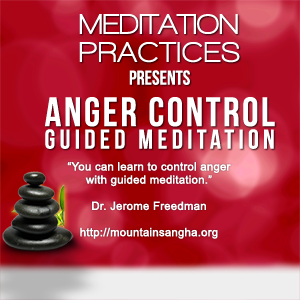
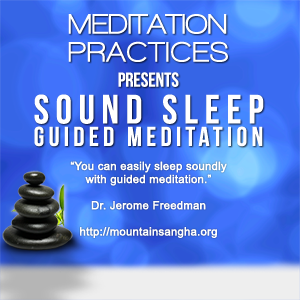

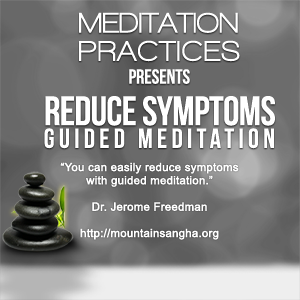


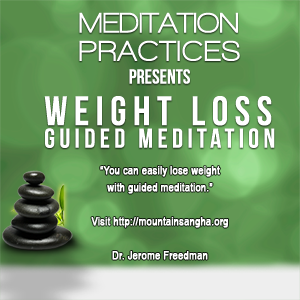
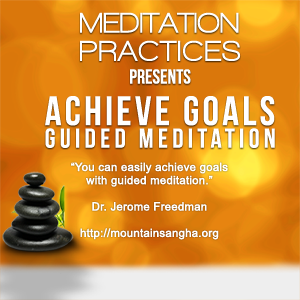


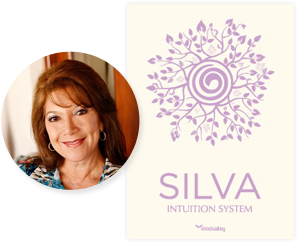
You must be logged in to post a comment.